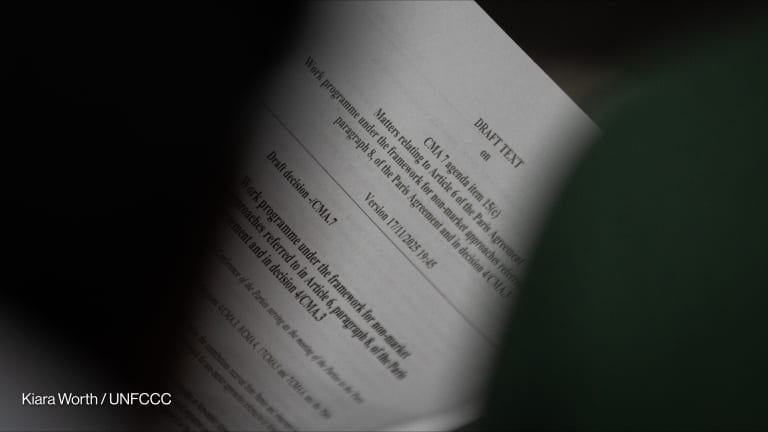
With less than 1,400 days until the Millennium Development Goals deadline, global development experts, bureaucrats and talking heads have already begun clamoring for what’s next. It seems that halving extreme poverty and slashing child deaths by two-thirds is yesterday’s news. As if these highly ambitious goals are rapidly becoming passé.
Collectively, we still have almost four years to make them happen – or at least go down swinging. To pull punches now would be a catastrophic failure of ambition, commitment, and courage. It would mean more people stuck in extreme poverty, more children dying of preventable causes, and fewer kids getting the opportunity to read and write. The development community’s attention deficit disorder is extremely disheartening.
Also disappointing is how the MDGs 2.0 intelligentsia is going about their bureaucratic business.
Yet as academics, government officials, activists and international bureaucrats book their flights for the endless onslaught of meetings and seminars, there will be one important voice missing from the conference table. The world’s poorest citizens. Yes, everyone purports to be speaking on their behalf – yet, no one truly does so. How can they? Despite our best intentions, emotional and analytical biases, not to mention the cause célèbre, tend to distort the message. Discussions invariably degenerate into politically charged fights over what we think poor people want. Or worse yet, what we think they should want.
So instead of channeling the world’s poorest citizens through malfunctioning microphones, I am proposing a radical, yet extremely simple, approach. Let’s just ask them. Not through some kind of “inclusive” process where a handful of token representatives have a chance to speak their minds. No, that is hardly better than what’s currently on the table. We should ask the masses directly.
Just imagine how much the dozens of United Nations, World Bank and OECD conferences will cost taxpayers globally. Millions and millions of dollars, euros, and yen. Then imagine if we channeled a portion of that money for innovative public surveys in developing countries. We’d actually have a pretty good idea of what people really want – and what their biggest concerns are.
This is not rocket science, nor is it a money pit. It’s quite straightforward. Organizations like Afrobarometer already do this in sub-Saharan Africa. Their surveys ask households across the demographic spectrum to state their most pressing concerns. And, some of their responses might surprise you. For example, poor infrastructure (e.g. roads and power) is the biggest concern for roughly one in five households in sub-Saharan Africa. Just one in 20 say that health is their biggest concern, while education is even less important. Who would have known? While the Afrobarometer gives us a fascinating insight, we need to build upon these existing efforts with a more targeted survey specifically for the MDGs 2.0 debate – which would be standardized across the developing world.
Fight the ingrained urge to dissect and extrapolate what these households are really saying. Instead, we need to focus on the humility factor – we may not know the priorities of aid beneficiaries in the developing world as much as we thought. So, before we get too far ahead of ourselves with overly inflated good ideas and intentions, let’s all take a pensive pause.
And, commit to bringing the world’s poor to the conference table directly. And commit to thoughtfully listen to what they say.
If the talking heads still want to push their pet priorities afterwards, then at least they’ll be forced to show why they’re right and why millions of the world’s poorest citizens are wrong.
Read more news on Rio+20.








